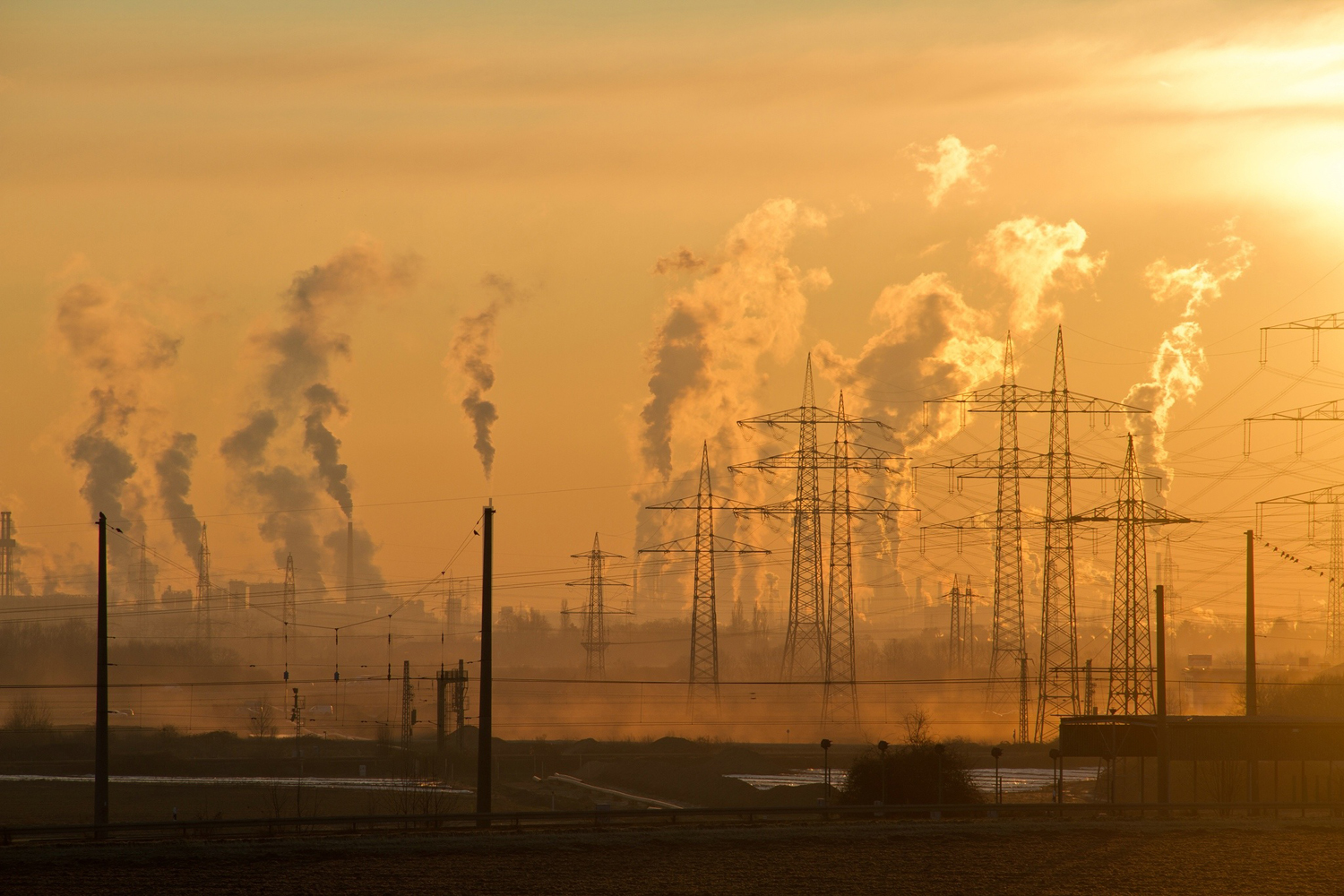
Limiting global warming to 1.5 degrees not possible now: Report

Limiting global warming to 1.5 degrees Celsius is currently not possible, a new report says, adding that climate adaptation will have to be approached from a fresh angle.
Researchers at the Universität Hamburgs Cluster of Excellence say that social change was essential to meeting the temperature goals set in Paris. But what has been achieved till now is not enough.
The central report looked at climate policy and the ongoing Ukraine war to assess to what extent social changes are already under way.
Key drivers
The interdisciplinary team of researchers addressed ten important drivers of social change, said the report released in Germany.
“When it comes to climate protection, some things have now been set in motion. But if you look at the development of social processes in detail, keeping global warming under 1.5 degrees still isn’t plausible,” says Climate, Climatic Change and Society (CLICCS) Speaker Anita Engels.
According to the Hamburg Climate Futures Outlook, consumption patterns and corporate responses are slowing urgently needed climate protection measures.
Other key factors like UN climate policy, legislation, climate protests and divestment from the fossil fuels are supporting efforts to meet the climate goals.
But this positive dynamic alone will not suffice to stay within the 1.5-degree limit.
“The deep decarbonization required is simply progressing too slowly,” said Engels.
Artic sea
In addition, the research assessed certain physical processes that are frequently discussed as tipping points such as the loss of the Arctic sea ice and melting ice sheets, which are serious developments.
But they will have very little influence on the global temperature until 2050, they said.
In this regard, a thawing permafrost, weakened Atlantic Meridional Overturning Circulation (AMOC) and the loss of the Amazon Forest are more important factors, albeit only moderately, the report said.
“The fact is that these feared tipping points could drastically change the conditions for life on Earth – but they are largely irrelevant for reaching the Paris Agreement temperature goals,” said CLICCS Co-Speaker Jochem Marotzke from the Max Planck Institute for Meteorology, Germany.
Covid and Ukraine
The report also covered the Covid pandemic and the Russian invasion of Ukraine.
Economic reconstruction programmes have reinforced dependence on fossil fuels, which means the necessary changes are now less plausible than previously assumed.
The Outlook is currently the only assessment that interlinks social sciences and natural sciences analysis in an integrated study to assess the plausibility of certain climate futures, the report said.
More than 60 experts contributed.
According to the report, the best hope for shaping a positive climate future lies in the ability of society to make fundamental changes.
In addition, the Outlook reveals a range of conditions for doing so. Transnational initiatives and non-government actors should continue to support climate protection and protests must keep up the pressure on politicians.
“If we fail to meet the climate goals, adapting to the impacts will become all the more important,” said Engels.
“In order to be equipped for a warmer world, we have to anticipate changes, get the affected parties on board, and take advantage of local knowledge. Instead of just reacting, we need to begin an active transformation here and now.”

